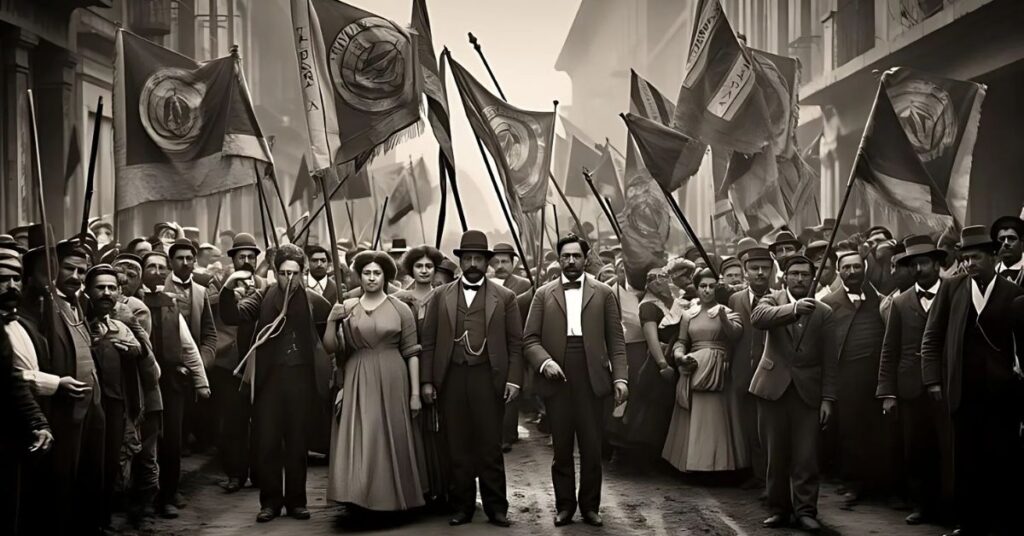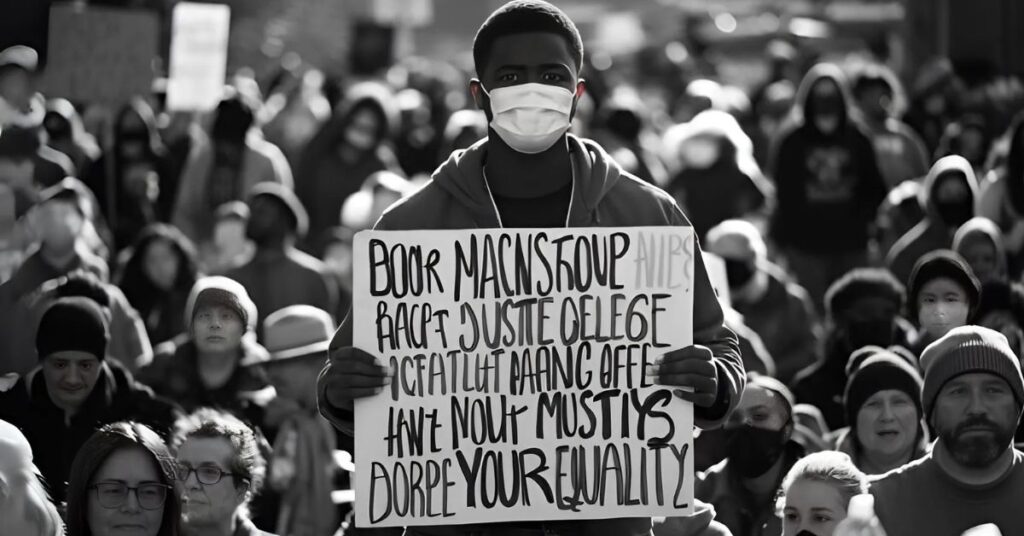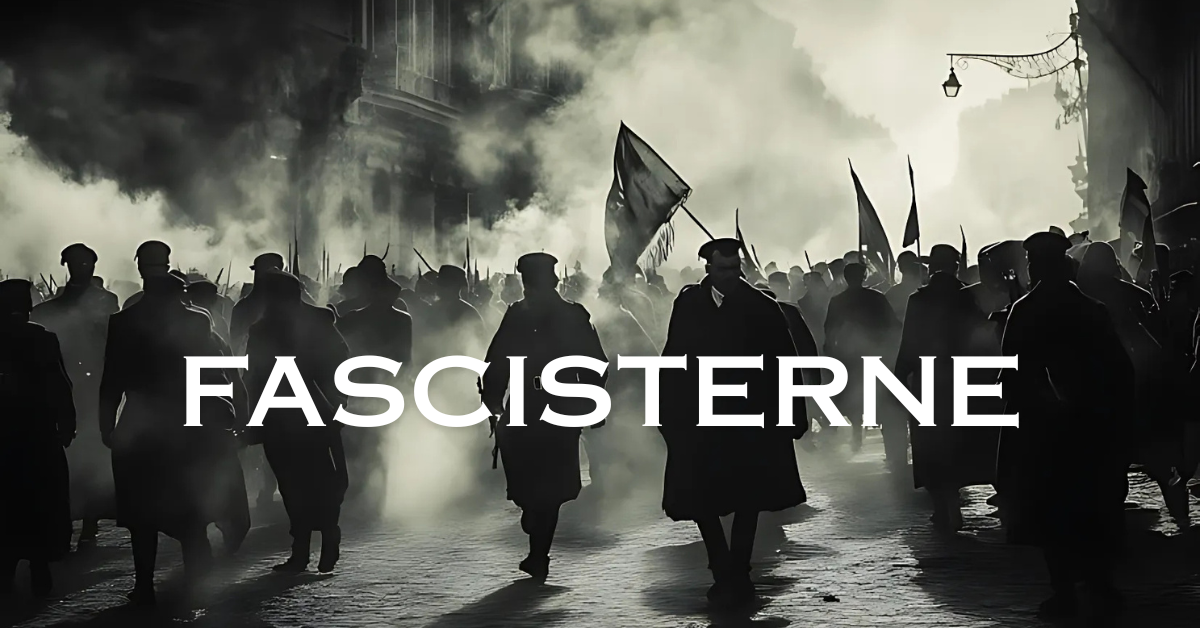What Are Fascisterne and Why Are They Still Relevant Today?
Understanding fascisterne might seem like taking a step back into the pages of history, but it’s a term that still shapes discussions across Europe and the world. Fascisterne—the Danish term for fascists—doesn’t just belong to the past. Whether in debates over free speech, nationalism, or political extremism, the echoes of it are heard even today. In fact, various governments and researchers continue to examine the legacy of it and how it affects contemporary politics.
A Quick Look Into the Roots of Fascisterne
The origins of fascisterne trace back to early 20th-century Europe. Most prominently, fascism took shape in Italy under Benito Mussolini and quickly influenced similar movements across the continent, including in Denmark.
It weren’t just about authoritarianism—they also carried strong elements of ultra-nationalism, strict social hierarchy, and often, aggressive suppression of opposition. They promoted unity but through fear, control, and exclusion.

How Did Fascisterne Take Hold in Denmark?
In Denmark, It emerged during the 1930s, following the example set by fascist movements in Italy and Germany. The Danish National Socialist Workers’ Party (DNSAP) mirrored many of the ideologies of Hitler’s regime in Germany.
Their presence was small but loud, particularly during World War II. When Nazi Germany occupied Denmark, It gained a brief window of influence, though the Danish population largely resisted their rise. After the war, their presence dwindled—but didn’t completely vanish.
Modern Traces of Fascisterne: Why It Still Matters
Fast forward to today: why are we still talking about fascisterne? The simple reason is that elements of their ideology continue to resurface in different forms. From far-right political movements to online extremism, echoes of it remain.
This is not to say modern right-wing parties are fascists, but the underlying tactics—appeals to fear, exclusion, and rigid control—can sometimes overlap. According to a report by The European Parliament, fringe nationalist groups in some EU countries still promote ideas rooted in fascism.
Two Valuable Lessons
As a history student in university, I once interviewed a 95-year-old Danish war survivor. He told me something I’ll never forget: “Fascisterne promised pride, but delivered fear.” That quote stuck with me because it’s a reminder of the first major lesson we must learn:
1. Pride Without Compassion Is Dangerous.
It gained followers by appealing to national pride, but they did so at the cost of empathy and inclusion. In today’s world, promoting unity should never mean excluding others.
2. Fear Is a Powerful Political Tool.
The second lesson is about manipulation. It used fear—of outsiders, of change, of difference—to consolidate control. And this tactic hasn’t gone away. Many modern movements still use fear to shape opinions and gain loyalty.

Fascisterne and Social Media: A New Battlefield
Today, the internet and especially social media have become a battleground for ideologies. Though fascisterne may no longer exist as formal parties in many countries, their talking points are often revived online.
This creates a new challenge. Algorithms often promote controversial content, and users can quickly be pulled into echo chambers that validate radical views. Social media platforms like Facebook and YouTube have taken steps to reduce extremist content, but the issue remains.
Recognizing Modern-Day Fascisterne Rhetoric
It’s important to know how to spot the language of fascisterne when it shows up in today’s world. Here are a few red flags:
- Oversimplified “us vs. them” narratives
- Calls to “purify” culture or nation
- Idolizing authoritarian leaders
- Rejection of press freedom or opposing opinions
Many people may unknowingly share content with these traits without realizing the connection. Being aware is the first step to prevention.
Personal Reflection: How Learning About Fascisterne Changed My Worldview
While traveling in Berlin, I visited a museum exhibit dedicated to political propaganda from the 1930s. One poster caught my eye—it showed a faceless crowd under a bold message about obedience. It sent chills down my spine.
That experience, paired with my academic studies, made me realize how quickly civil liberties can erode when fear and hate take center stage. Learning about fascisterne helped me understand why it’s so important to stay informed, question rhetoric, and speak up when needed.
Can Fascisterne Ideology Truly Be Erased?
While outright fascist parties are now banned or highly unpopular in many countries, their ideology doesn’t disappear overnight. As long as economic inequality, fear of “the other,” and misinformation persist, the ideas behind this can find new forms.
But history gives us hope, too. The overwhelming public resistance during World War II, and the post-war shift toward democracy and human rights, shows that fascisterne can be defeated—not just militarily, but morally and socially.

What Can You Do to Combat the Influence of Fascisterne Today?
Even if you’re not politically active, there are simple steps you can take to push back against the ideologies of fascisterne:
- Stay informed from trusted news sources.
- Have respectful conversations with people who hold different views.
- Support inclusive policies in your community.
- Report hate speech online when you see it.
Small actions can make a big difference over time. Speaking out—even in casual conversations—can break the cycle of silence that allowed fascisterne to rise in the first place.
Conclusion: Why Fascisterne Must Not Be Forgotten
To forget the impact of it would be a disservice to history—and to our future. Remembering their rise and fall isn’t just about staying alert; it’s about honoring those who resisted and stood up for a better world.
By recognizing the signs and challenging divisive rhetoric, each of us can help build a society that values empathy, freedom, and truth.
FAQs About Fascisterne
What does the word “fascisterne” mean?
It is the Danish word for “the fascists,” referring to individuals or groups who support fascist ideologies—marked by authoritarianism, nationalism, and suppression of dissent.
Are there still fascisterne in Denmark today?
No official fascist parties hold power today, but far-right ideologies still exist in fringe groups and sometimes online. It’s important to stay informed and aware of such movements.
What’s the biggest lesson from the fascisterne period?
That unchecked power and fear-based politics can quickly erode freedom. Democracies must be protected through education, open dialogue, and civic action.


